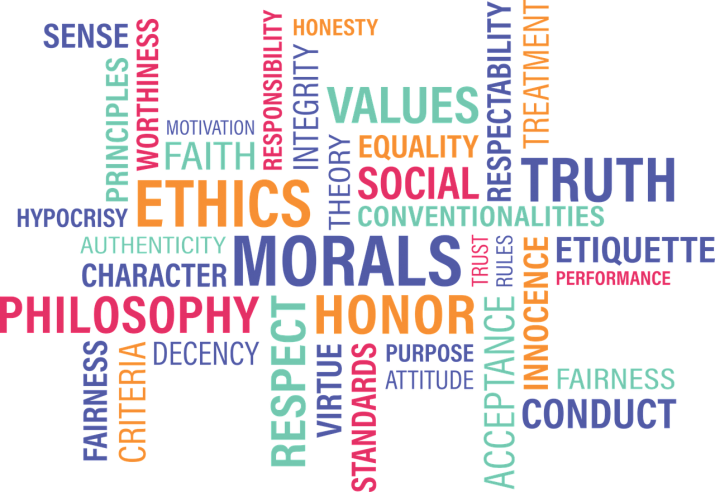
The constitution has been one of the main talking points in the midst of the current Czech governmental crisis. The pressing questions concern whether President Milos Zeman should follow the rules or not; if he has the right to ignore the prime minister’s request to dismiss Finance Minister Andrej Babis because of the billionaire businessman’s conflicts of interests; if the president has the authority to postpone indefinitely such a step; and if setting off on a long trip to China during such a serious situation is the best course of action.
Regardless of the stance of different people involved in the crisis, one clear message has already emerged: there are still certain rules and laws, like the constitution, which limit politicians’ ambitions to bring the Czech political system in line with trends happening elsewhere in Central and Eastern Europe – more specifically, in the Polish-Hungarian direction. In those countries, on paper the laws are perfect for upholding the liberal democratic order, but in practice they enable politicians to bend the rules almost to the brink of authoritarianism.
The way the constitution and related laws are employed – and those unwritten practices used over the past 25-plus years, such as the resignation of the Czech prime minister triggering the resignation of the whole government or the respect paid to each other’s official functions – are those rules on which the European Union is based, on which the liberal order rests.
It does not mean that, during the past weeks, the Czech Republic has been slipping down the path of authoritarianism, along the lines of Hungarian Prime Minister Viktor Orban's rule, or closer to Polish strongman Jaroslaw Kaczynski's model, but there are broader European topics in question.
The European spirit got a new lease on life with Emmanuel Macron's victory in the French election on a clearly pro-European platform. Of course, we do not know what he will be able to push through at home or in the EU. But for Central European governments, Macron’s impressive win revived the topics of how they want to deal with Europe, of future integration, and of their position within the EU.
Macron could bring a shift toward tighter eurozone integration, and we can expect that, in one or two years’ time, Prague, Warsaw, and Budapest will be politely asked about their intentions to join the club where Slovakia is already well-positioned. A technical question on paper, it will be the next, de facto, big choice – either joining the tighter EU core centered on the Franco-German tandem or staying on the periphery of the EU.
The union has been heading toward the creation of multispeed groups after last year’s Brexit referendum. Politicians like Kaczynski, Orban, and – sorry to say – Zeman and Babis, are increasingly doing all their best to show how they despise the rules on which the EU is based. It does not mean that their argument about too much power being concentrated in “unelected Brussels” is not right. But it’s one thing to discern which future EU model might suit Central European countries best, and quite another to change the rules of the game at home in order to ensure as much power as possible without checks and balances.
It is therefore important to watch the developments in the Czech Republic, and to see how the political crisis will unfold and how far different actors will be able and willing to go. Although foreigners will have quite a tough time understanding the who’s who of Czech political disharmony, the approach to the constitution will show who is serious about liberal democracy and who is not. That is the most timely Czech European question.
Source: Martin Ehl, www.tol.org